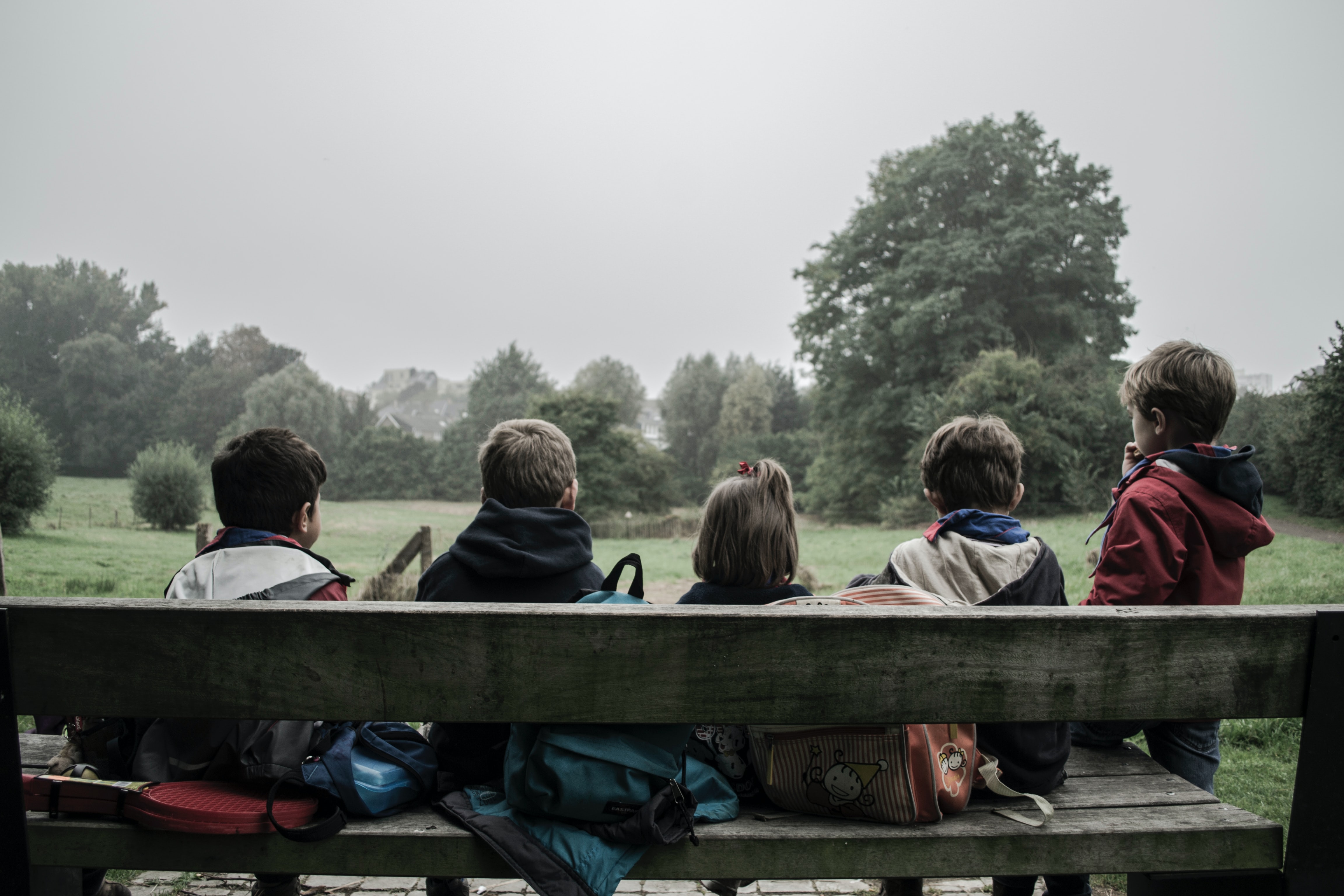

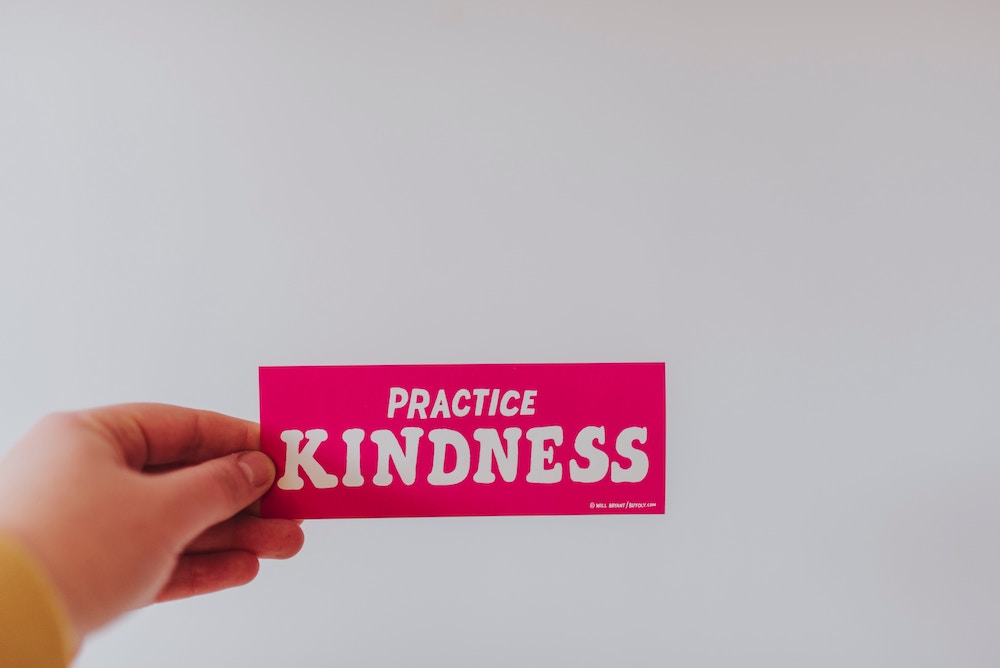
Practicing Kindness
In brief In this Joining the Dots blog contribution, Ben Thurman reflects on the tensions between kindness and risk, relationships and professionalism, emotions and performance management, and the need to reshape organisational culture to foster a culture of kindness....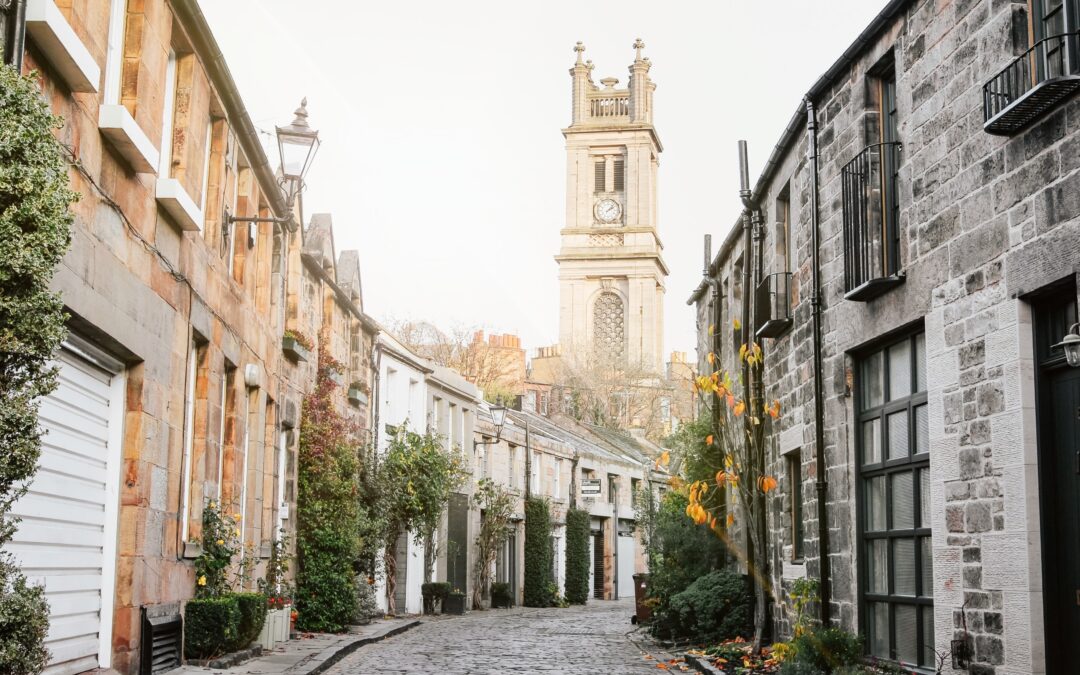
Active Neighbours – Kate
“I just think it’s really nice we can each all be each other’s solutions – people are volunteering not because they feel obligated because they’re family -they just want to help you. I always think that’s really powerful. If everyone put in just a few hours a week to help in their community, we can change so much. And I think that’s what we’ve seen during Covid.”
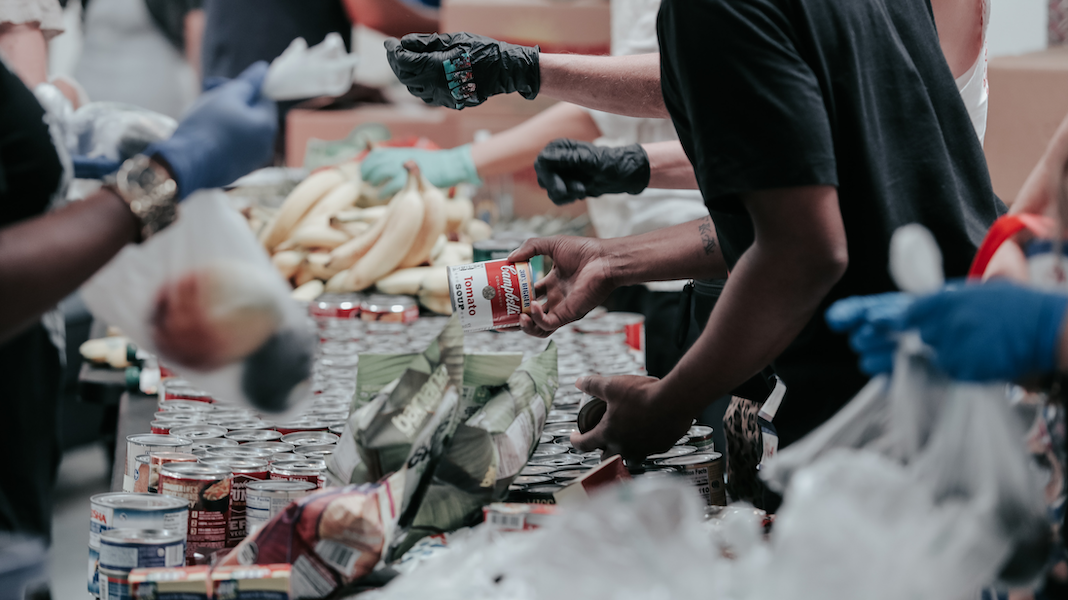
Active Neighbours – Dhanmeet
“As a charity on your own, you can’t cover everything. So what has been good with a lot of the response in terms of the pandemic has been the fact that charities and faith-based groups and other groups have got together rather than saying, ‘Oh we wanna do it all.’”
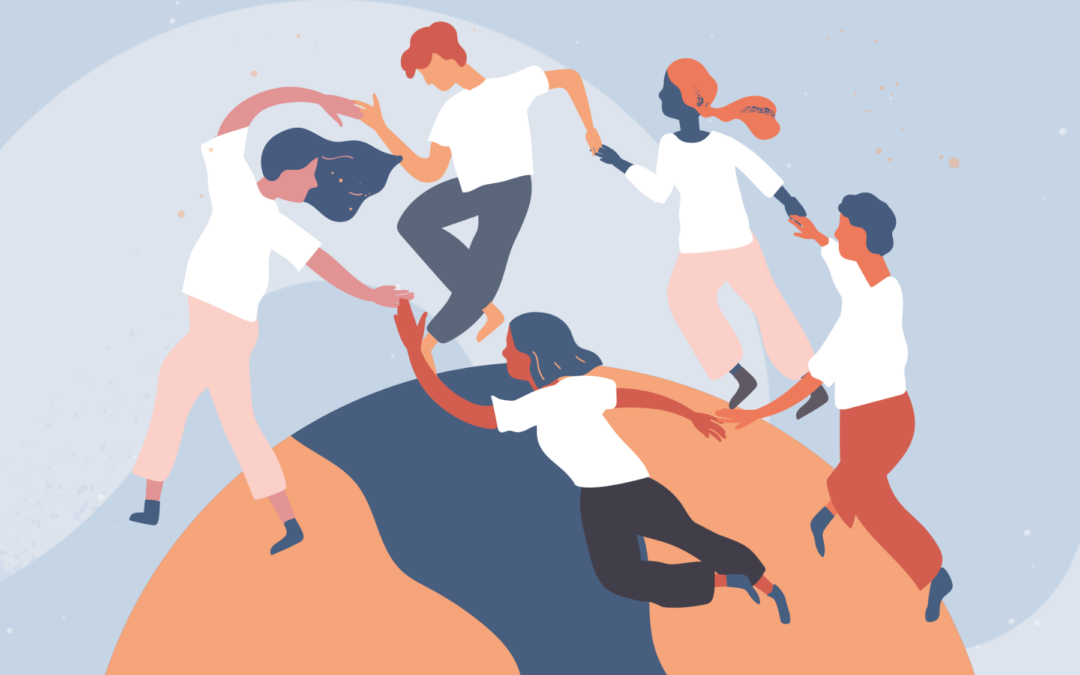
The Relational Neighbourhood
In brief Nick Sinclair and David Robinson have been mulling over a new blog for a while. It has been almost five years since their pandemic reflection on “the art of the covenant” (2020). A lot has changed since then but the underpinning principles of their thinking...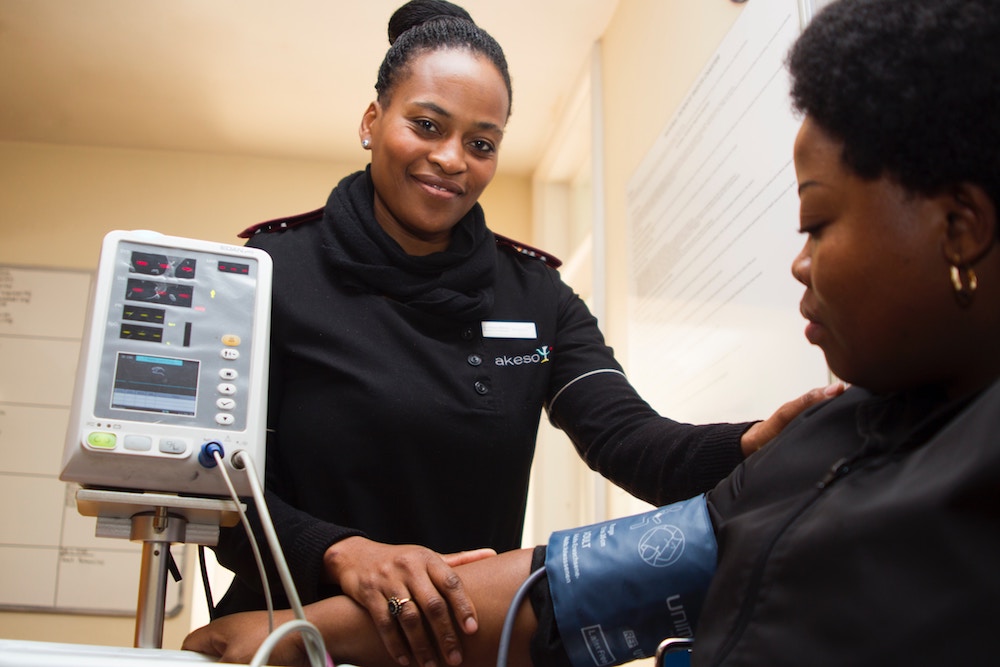
Relationship-Centred Public Services
In brief In this piece for Joining the Dots blog Ray Shostak considers the “enabling conditions” for developing relational practice and suggests a framework for supporting them. Ray Shostak Government advisor Ray has been a teacher, a local authority worker, a...
Connecting to Connected: Focusing on relationships in the age of Coronavirus
Dr. Nick Barnes Nick works as a Specialty Doctor in Child and Adolescent Psychiatry, as a Cognitive Analytic Therapist and Honorary Senior Lecturer at University College London. In this blog, Nick discusses the fundamental role that relationships will play in...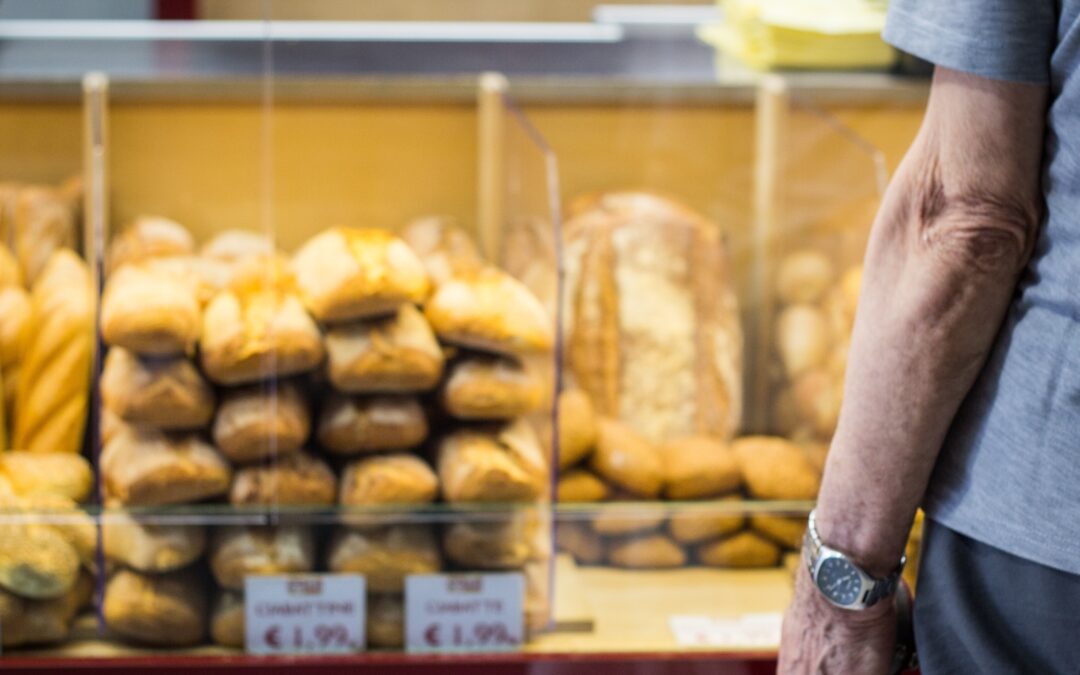
Active Neighbours – Elizabeth
“And getting out of your own comfort zone a bit … empathy more than sympathy was somebody else’s phrase … trying to help people out not just because they are like you or because they’ve been through what you’ve been through, but because they just need a bit of help. That to me is what citizenship and community are about.”
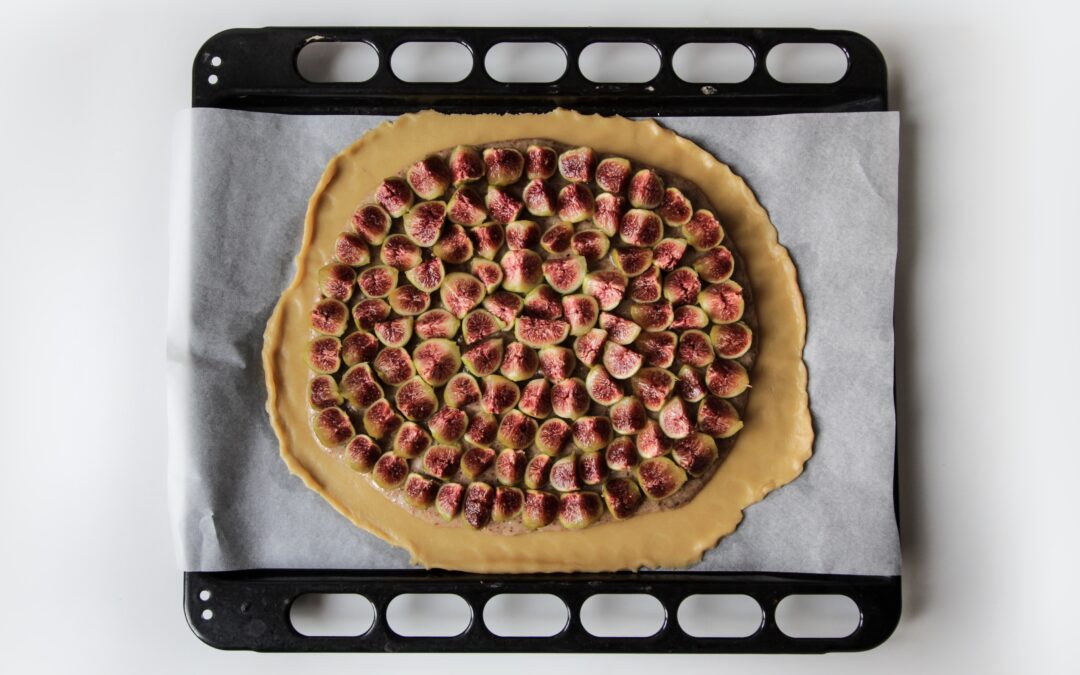
Active Neighbours – Alan
“I think it’s an interesting one actually for people of my age – single men. At my age – there’s a question of ‘what are you allowed to join?’ that will be positively received? […] There’s a sort of suspicion. But the Covid thing – I think what I really liked about it was the sense that anyone could join and we couldn’t see what each other looked like – we didn’t know how old we were. We didn’t know what social background we were from, we weren’t even talking to one another – because it was all text-based. And so in that sense it was a great leveler, I thought.”
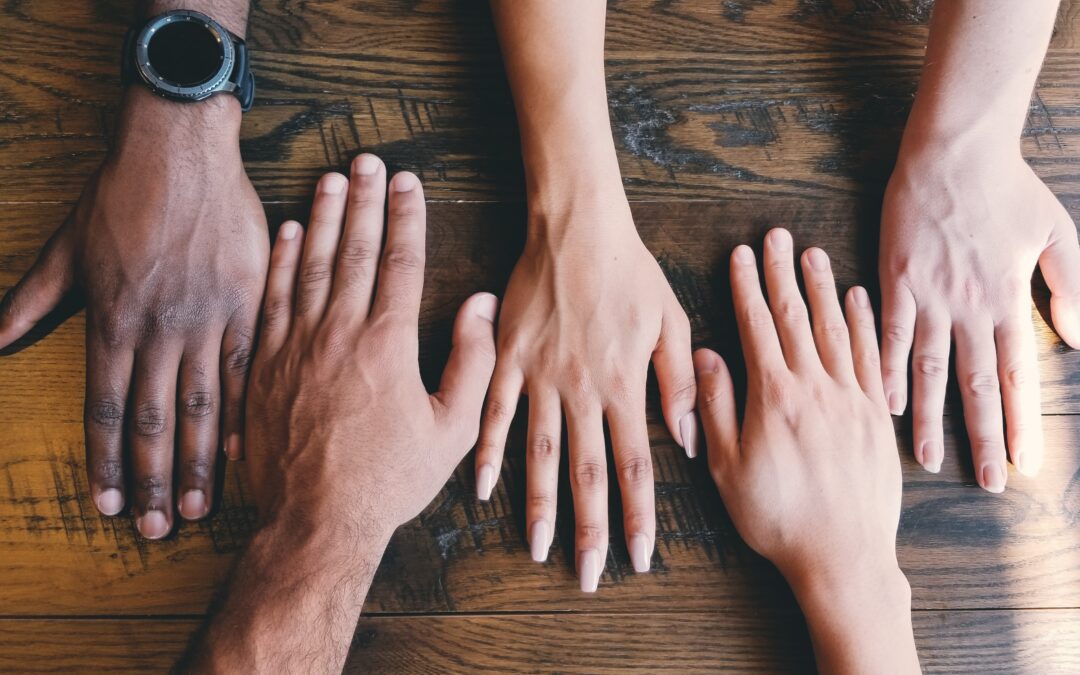
Active Neighbours – Isabel
“I think what was really cool at the beginning was it felt like you had this whole potential to really rethink how you interacted with your local area. There was a real sense of possibility that you were really kind of mini-world making or something […] I think politically a lot of people really frown down on traditional charity models – particularly the bifurcation of service users and service providers, and felt like what was needed was something that really lifted people up in the community, and made everyone feel like they were valued and had something to contribute […] which is still a noble goal – but I think it’s hard to do in practice.”
